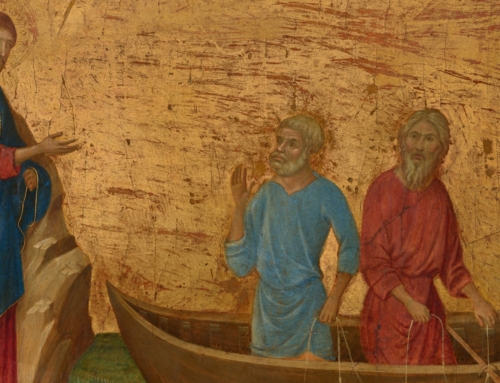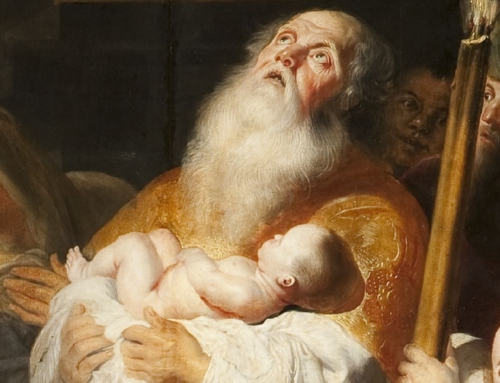Hope, in reality, is the worst of all evils because it prolongs man’s torment.
— Friedrich Nietzsche
Both intuition and common wisdom—for we are frequently told to never give up hope—tell us that this statement from Nietzsche is simply wrong. Of course, what Nietzsche especially had in mind was the hope of an afterlife. Disbelieving in the afterlife, he thus thinks hope is evil. It only prolongs a person’s suffering and distracts him from facing real life here on earth. But in this Jubilee Year of Hope, established by Pope Francis and continued by Pope Leo XIV, we Christians must spread a different message: that suffering isn’t pointless and that God can bring us to true happiness.
But we need to know what true hope is. Hope is a desire for something good that you don’t have. For example, Olympic athletes hope to win gold at the Olympics, so they train hard for their dream. Eventually, if they win the event and get to stand on that podium, tears fill their eyes as they hear the national anthem of their country played.
Now, if hope is just a longing for any good that you don’t have, then, in a sense, Nietzsche could be right. If all we hope for are honor, riches, or power, the problem is that they may forever elude us, or, even if attained, be suddenly taken away. Honor can be lost with scandal. Riches with a stock market crash or overspending. And power can be ripped away by another person who wants more power. As the letter to the Hebrews says, “Sin has such power to cheat us” (Heb 3:13). Sin can cheat us into believing in a false hope.
What kind of hope, then, is not the worst of all evils, but, in fact, one of the greatest goods? Christian hope.
The good that the Christian hopes for is eternal happiness with God in heaven. While Nietzsche saw Jesus as a mere superman, a man who was an ideal for men to strive for but not God, Christian faith assures that Jesus is a divine person, the Son of God, our Savior. Pope Leo XIV referred to this kind of error in his first homily: “Today, too, there are many settings in which Jesus, although appreciated as a man, is reduced to a kind of charismatic leader or superman. . . . It is essential that we too repeat, with Peter: ‘You are the Christ, the Son of the living God’” (Matt 16:16).
To the world, the cross makes no sense. The truth, however, is that Christ changed our suffering from something to be avoided into something to embrace. He embraced the cross because He knew that he was saving us. The five wounds of Christ from the cross give us the hope for salvation and remind us that this world is not the end for mankind. Now it is up to us who have experienced the hope of Jesus Christ “to bring the hope of the Gospel into the ‘waters’ of the world” (Pope Leo XIV).
So the question remains: What are you hoping for?
✠
Image 1: Friedrich Nietzsche, circa 1875, Friedrich Hermann Hartmann
Image 2: Papal Portrait, Vatican News







